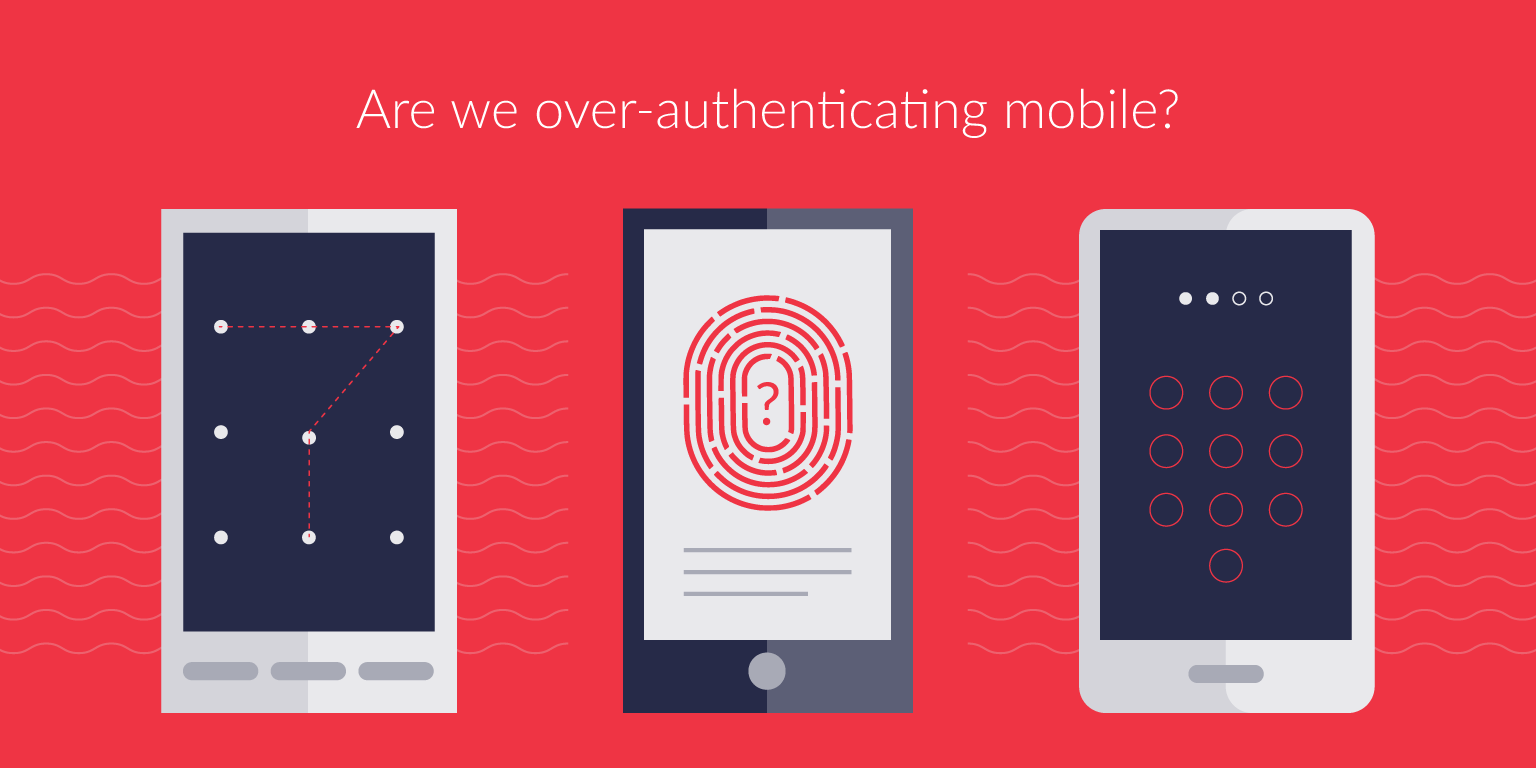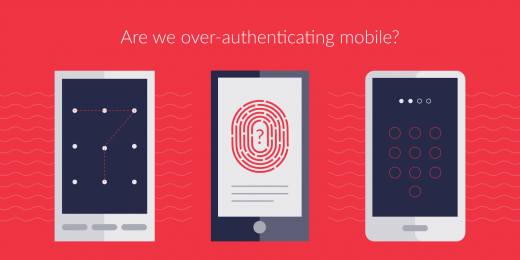Google Attempts To Solve Painful Media Authentication Processes
by Laurie Sullivan @lauriesullivan, June 21, 2016

Google has introduced a new way to authenticate an individual when attempting to log in to a Google account. The two-step process aims to make it easier for iPhone and Android users to secure accounts other than using a one-time SMS code that displays in a test message on a smartphone, where the user must enter the code to gain access.
The new option to log into a Google service such as Gmail, called “Google prompt,” allows the individual to use their mobile phone to approve or deny a request to sign into any of their Google accounts via a computer, Google explains in a blog post. The feature generates a notification that an individual accesses from and it approves the login attempt.
A two-step process will become the next phase in authentication as more devices connected to the Internet and brands rely heavily on cross-channel advertisers and marketing.
Ernst & Young (E&Y) Tuesday released a report on how the Internet of Things (IoT) will impact the media and entertainment industry. While it delves into analysis on how people will consume media, what companies need to know and do, and how marketers can better reach consumers, it also analyzes the pressing issues around authentication.
The International Data Corporation (IDC) estimates there will be about 30 billion connected devices in the market by 2020, with an economic value from the connections and the devices of about $1.46 trillion.
For media and entertainment companies to realize the full potential of IoT, they must consider the associated risks, including challenges around privacy and cybersecurity. Protecting personal information is an issue that will become exponentially more difficult as IoT collects enormous amounts of data and connects more devices, software, machines and humans.
Devices will require security, remote monitoring and seamless authentication of content rights and access, according to the E&Y study.
TV Everywhere and OTT services have grown in popularity, but huge challenges remain in this sector as well. A painful authentication experience is often cited as the main reason for the slow uptake of services, along with poor marketing and inconsistent availability of the newest shows, according to the report.
MediaPost.com: Search Marketing Daily
(38)


